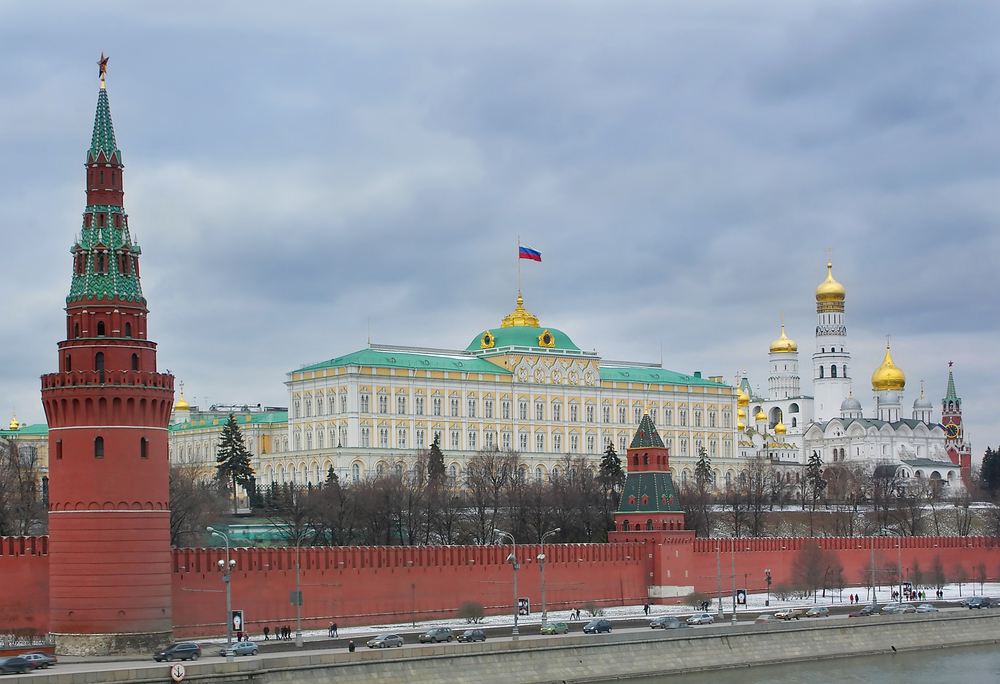In yesterday’s Financial Times, Janan Ganesh signs a strange column. He wonders why no political theory of international relations explains the war in Ukraine: not the optimistic “democratic capitalism” of Francis Fukuyama’s The End of History, nor the tribal (“cultural and religious”) ideal of “nations,” nor the “realist” theory of state interests. Only a “pragmatic,” “case-by-case” approach, that is, no theory at all, can make sense of Vladimir Putin’s behavior, he suggests (“No Grand Theory Can Explain the Ukraine Crisis,” April 12, 2022). Throw a dice, flip a coin, or read tea leaves.
This is puzzling. Hasn’t Mr. Ganesh ever heard of Leviathan as a model of the state? One of the most recent and, in my opinion, the most useful of such related theories is the economics of public choice and its philosophical-political dimension that you find in the works of James Buchanan (or Buchanan and Tullock). Friedrich Hayek’s theory would be also a candidate. Anthony de Jasay stands on the liberal-anarchist wing of non-random explanations of the state.
In this perspective, Vladimir Putin is not difficult to explain. Grant unrestrained power to any individual or group of individuals—whether it is Putin or Volodymyr Zelensky, Donald Trump or Joe Biden—and the ruler’s own interests will soon push him into growing a full-fledged Leviathan, whether of the Brave New World type or the 1984 type. (What often saves us is that the more powerful a dictator, the more inefficient he is, at least for those who are not his direct subjects.) We only have to look at Putin’s own interests as he evaluates them, with due concern for rewarding the most weighty of his supporters, and the Leviathan model of the state shows all its usefulness.
This is why restraining the state and understanding the reasons for the chains is so important. Instead of Ganesh’s “democratic capitalism,” an expression which is at best meaningless (and, incidentally, does not appear in Fukuyama’s The End of History), liberal or constitutional democracy (emphasizing “constitutional,” as Buchanan says) and its underlying values would seem to both solve domestic problems and understand foreign tyrants.


READER COMMENTS
Henri Hein
Apr 13 2022 at 2:39pm
This seems compatible with the Hanania thesis that Public Choice is a better explanatory framework than a Grand Strategy approach.
Pierre Lemieux
Apr 13 2022 at 4:35pm
Henri: Thanks for the link. I had missed that post.
Matthias
Apr 14 2022 at 12:15am
Almost any theory is compatible with there being a war in Ukraine, if you allow actors to make mistakes?
Eg look at the Franco-Prussian war of the 1870s. Bismarck’s strategies are almost a prototype for ‘realist’ or ‘grand strategy’ schools of thought.
But back then both France and Prussia were itching for a fight, and in the end it was France that first declared war.
With the benefit of hindsight we can see that France made a mistake. Ie some people who made decisions for France made strategic mistakes. (They should have probably concentrated on defense and gathering allies etc?)
But these mistakes don’t automatically invalidate the ‘realist’ view.
—
Just to be clear: I agree that in many circumstances the public choice way of looking things is very useful and informative! It probably has better prediction power too.
But I disagree that the war in Ukraine is any more of a deathblow to the ‘realist’ or ‘grand strategy’ schools than any other war.
Pierre Lemieux
Apr 14 2022 at 6:51am
Matthias: The question is, what are state interests?
Daniel Kian Mc Kiernan
Apr 30 2022 at 10:23pm
I am reminded of the theories of taxation found in textbooks for middle-school, high-school, and far too many econ 101 courses. Taxation is not based on ability to pay or services consumed; it is based upon the opportunities available to the state, and the common textbook theories serve only as propagandistic infrastructure.
In theory, war on an international scale could begin in honest disagreement. But, in practice, it is begun in sociopathic calculation.
Comments are closed.